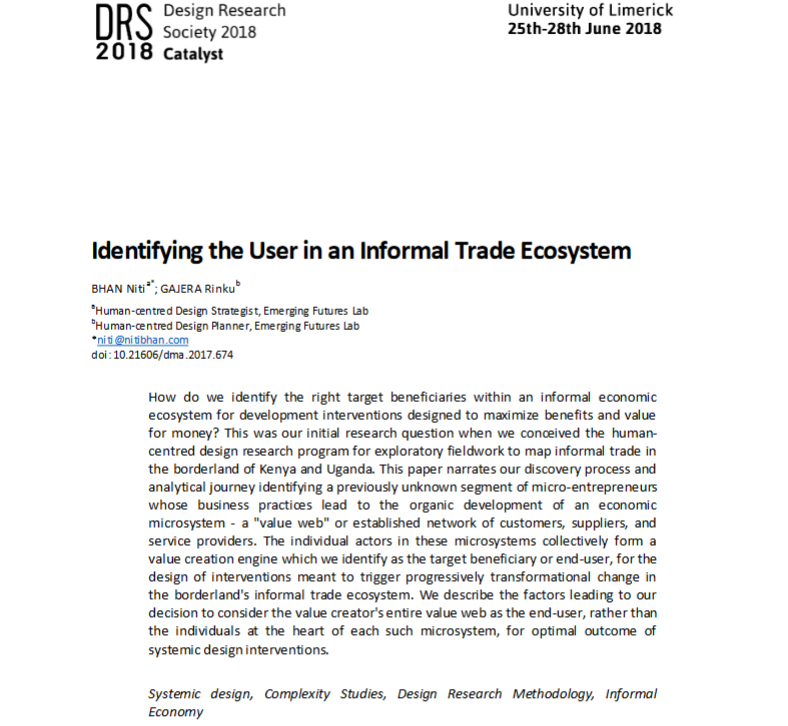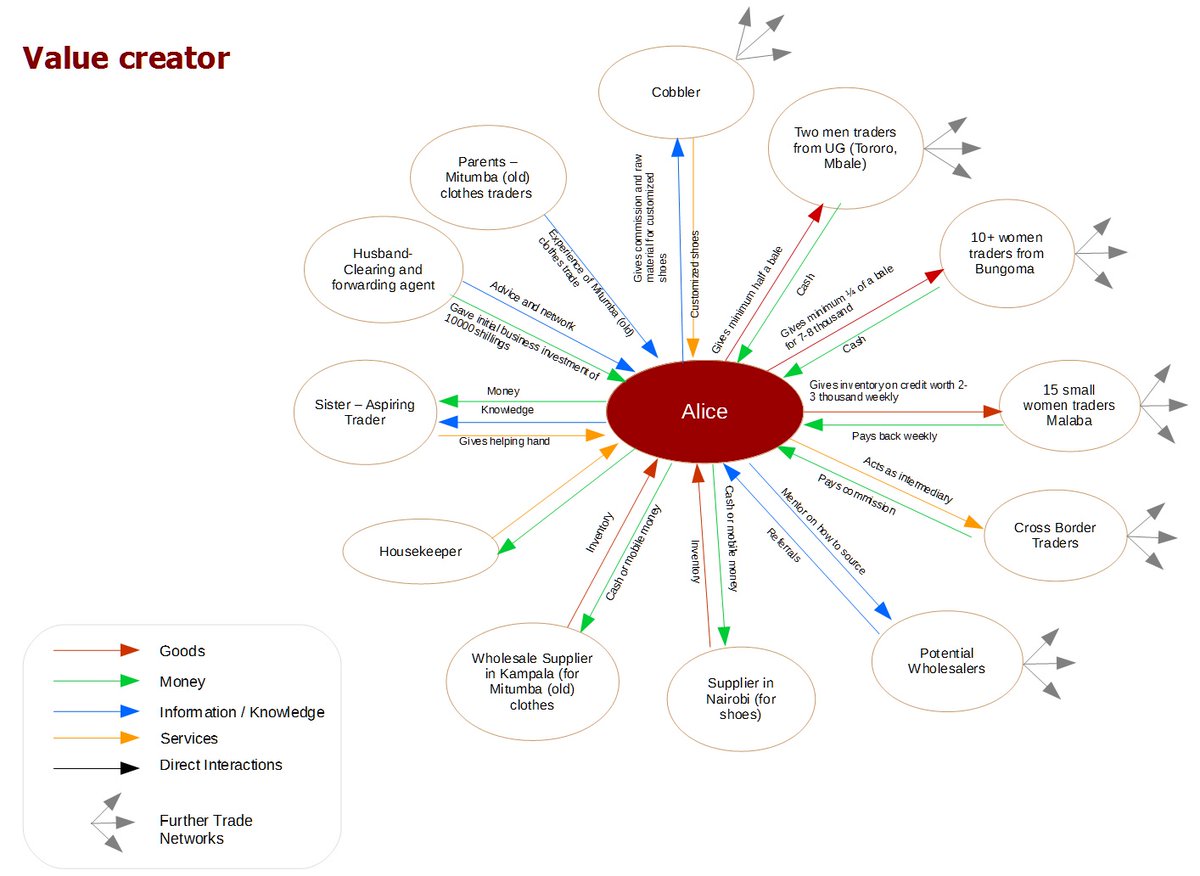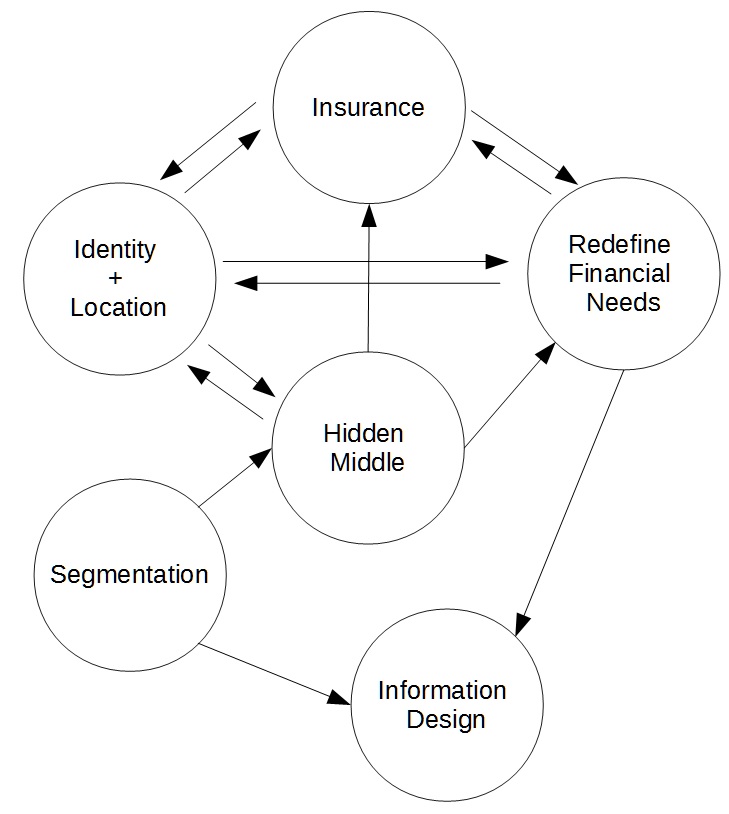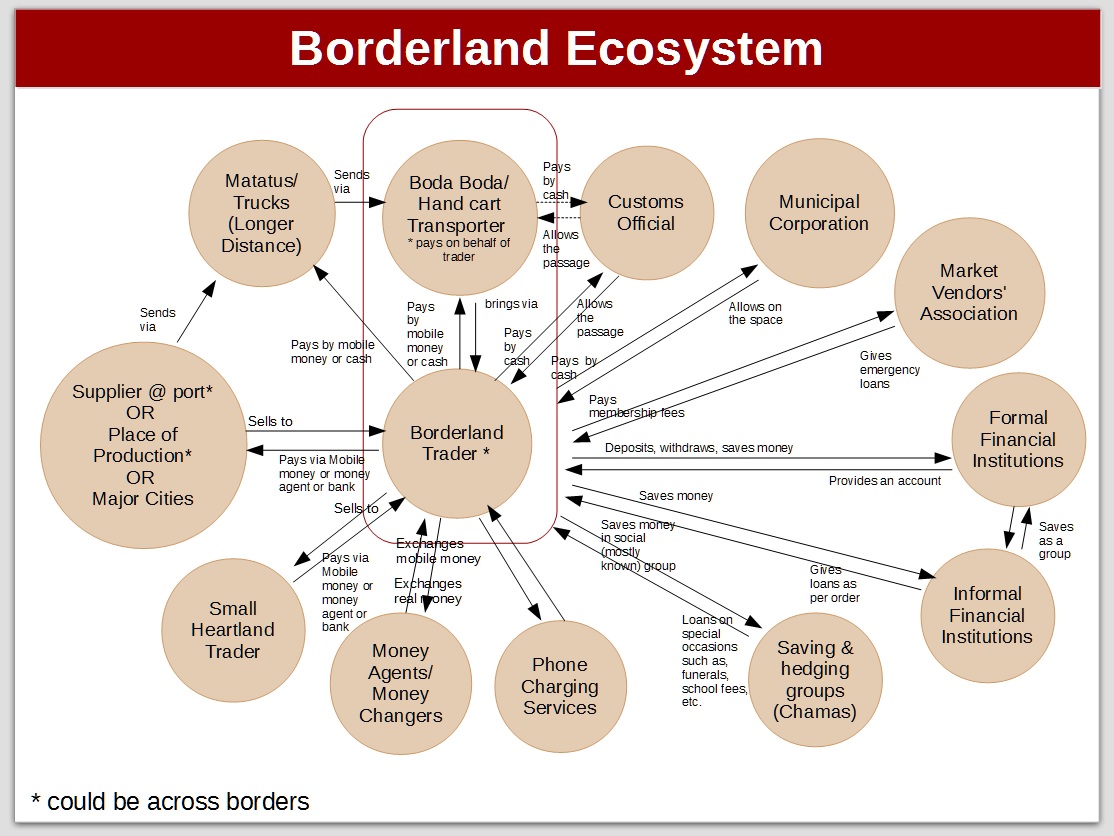This fact is noted by the headlines in 2020 as well, and makes me think https://theconversation.com/fall-foliage-in-the-crosshairs-of-climate-change-32012">https://theconversation.com/fall-foli... my favourite tree didn& #39;t turn as red as it usually does and didn& #39;t stay that way for as long as it normally does.
I want to use this as an example to communicate the difference between the sharp, rapid and intense impacts of the pandemic on our daily lives, felt across the globe; with the slower moving thus harder to discern in situ changes occurring as a result of the other systemic shock.
For those of us working to evaluate the impact of our tools and methods and technologies on the operating environment; eg. environmental sustainability; emissions; agric adaptations, etc the pandemic has been a silver lining to the grey clouds of deadly disease and human costs.
It has stripped bare all non-essentials clouding the vision and laid out the skeleton of our self organizing complex adaptive systems which are our human societies. Just like informal trade webs link up across continents & cultures, yet retain their local roots & customary norms,
our human societies have managed to join up some of the value flows that characterize commercial ecosystems, thanks to all the tech focused on connecting people. For eg. it is patently obvious that knowledge, information, and other forms of digital value now circulate globally.
And, hitherto geographically confined economic ecosystem ideologies are now bumping up against vastly different cultures and systems of self organizing human polities.
Healthcare costs are great eg. of geolocated disparity of impact on the "end user" aka customer vs beneficiary.
Healthcare costs are great eg. of geolocated disparity of impact on the "end user" aka customer vs beneficiary.
footnote on this week& #39;s headline on the initial topic that starts this thread https://www.washingtonpost.com/science/humans-altered-fall-foliage/2020/10/16/0abc786c-03f5-11eb-897d-3a6201d6643f_story.html">https://www.washingtonpost.com/science/h...
Changing colours of the leaves in Autumn in response to changes in climate conditions can be observed in nordic countries and in north america, across the atlantic.
But paying hundreds of thousands of dollars for ICU care in hospital for pandemic is only seen in one location.
But paying hundreds of thousands of dollars for ICU care in hospital for pandemic is only seen in one location.
My point is that due to the rapid adoption of mobile telephony, what we& #39;re seeing now is the clash of disparate ideologies for political economy and human systems at every point where the differing cultural norms of the operating environment meet on platforms such as these.
And, cultures which hold out for community consensus building before taking action on societal responsibilities in the face of natural, and manmade, disasters, are looking for answers in the wrong place.
I believe I have traced the cause of this systemic communication conflict inherent in the design of this oligopolistic communications paradigm (our social networking solutions) to the embedded and underlying values systems of the design methodology and approach used to build them
I am not doing my usual literature review right now because I& #39;ve apparently been signed up for a class in research popularization and I need something to do for teacher during the session tomorrow morning ok?
However, I must add that the literature of climate change transitions & the literature of international development, both together, have much to offer all our societies, regardless of their level of education, industrialization, or income, in attempting to transform sustainably.
back to explicating this https://twitter.com/niti_bhan/status/1320328741449572352
UCD/HCD">https://twitter.com/niti_bhan... may focus on the user of the tool/system/artefact being built but retains the agency of design decisionmaking within the R&D team.
UCD/HCD">https://twitter.com/niti_bhan... may focus on the user of the tool/system/artefact being built but retains the agency of design decisionmaking within the R&D team.
It emphasizes the individual in the ecosystem, & privileges their needs as the design drivers for the tangible outcome, without explicit consideration of the impact of all individuals in a complex adaptive system utilizing the same tools simultaenously on the system holistically.
There& #39;s a plethora of known & unknown, expected & unexpected, consequences & cascading impacts and outcomes that the above approach has resulted within our industrialized economic ecosystems.
Observations made over 10 years in NON industrialized informal & rural made it clear.
Observations made over 10 years in NON industrialized informal & rural made it clear.
In 2018, my double blind peer reviewed conference paper frames this ideological divide from the African informal trader& #39;s perspective, who operate as self organizing complex adaptive system able to incorporate modern ICT in contextually relevant and economically beneficial ways.
Thus, the "average" African woman trading in household goods & fresh farm foods, is not an individual in the sense that the UCD/HCD (user/human centered design) approach and methodology consider their "users". Neither is she a "beneficiary", expected to passively accept charity.
"Hidden Middle" in the African informal economic ecosystem are the Value Creators, or the engines of economic value creation within their communities, with far more extensive impact that may remain invisible to the naked eye, if she is considered an individual "user" in research.
//footnote: beautifully illustrated and well rehearsed 7.5 min version of this section available here https://www.ted.com/talks/niti_bhan_the_hidden_opportunities_of_the_informal_economy?language=en">https://www.ted.com/talks/nit...
If, however, we consider the Value Creators at the heart of their economic ecosystems as microsystems - relatively stable network of supply & demand flows, given all existing conditions in their operating environment - we can step back to address the needs of the working group.
Now, let us go back to the way HCD/UCD impacts the outcomes of their methodological approach centering the systems design around the needs of user personas, considered in their individual capacity for communication, commerce, and connectivity across their own individual networks.
The metrics of "success" for instance are entirely different for the lone ranger & tonto traversing the lonely mesa looking for the good fight to fight, versus the grandmother running a regional avocado exports business, with logistical support for transportation & trade finance.
https://twitter.com/niti_bhan/status/1320351713975537664">https://twitter.com/niti_bhan... Thus, what I am doing here is unpacking the assumptions made on manifested socioeconomic values vis a vis the choice of design methodology that acts as the narrative engine of dominant logic of that polity or region.
My favourite and clear example of this underlying value systems assumption is the well designed Apple ecosystem of hardware & software & services that are a closed loop designed to extract maximum and continuous value from the end user. Eg. 99 cent songs & the cost of iCloud etc
As a closed hardware ecosystem, it is designed to keep all attachment value within its purview as well.
The open PC platform has always permitted grey box manufacture to user specifications and you can choose then how many USP ports you want installed and in what sizes.
The open PC platform has always permitted grey box manufacture to user specifications and you can choose then how many USP ports you want installed and in what sizes.
In the context of an operating environment where the dominant logic is maximize shareholder profits, the Apple ecosystem is an exemplar of Good Design.
While the open PC system is considered a wasteland of value leakage into grey industrial ecosystems and noname OEMs.
While the open PC system is considered a wasteland of value leakage into grey industrial ecosystems and noname OEMs.
Otoh, if we were to take the same lens as we did for the informal trade ecosystem as the borderland of Uganda & Kenya, that of a Value Creation engine, can it not be said that for oem ecosystems the open hardware configuration of the pc system has more ripples of economic impact?
So, I began the extensive literature review of spring 2020 on more inclusive and democratic approaches to collaborative systemic resilience building and more robust and transformative recovery than the top down and extractive HCD approach that is designed to benefit investors.
And came to learn more about the underpinnings of the scandinavian design tradition, in particular for socio-technical systems, which privilege the needs of the participants within the complex adaptive system, in equal measure to the investors and owners of the said system.

 Read on Twitter
Read on Twitter





